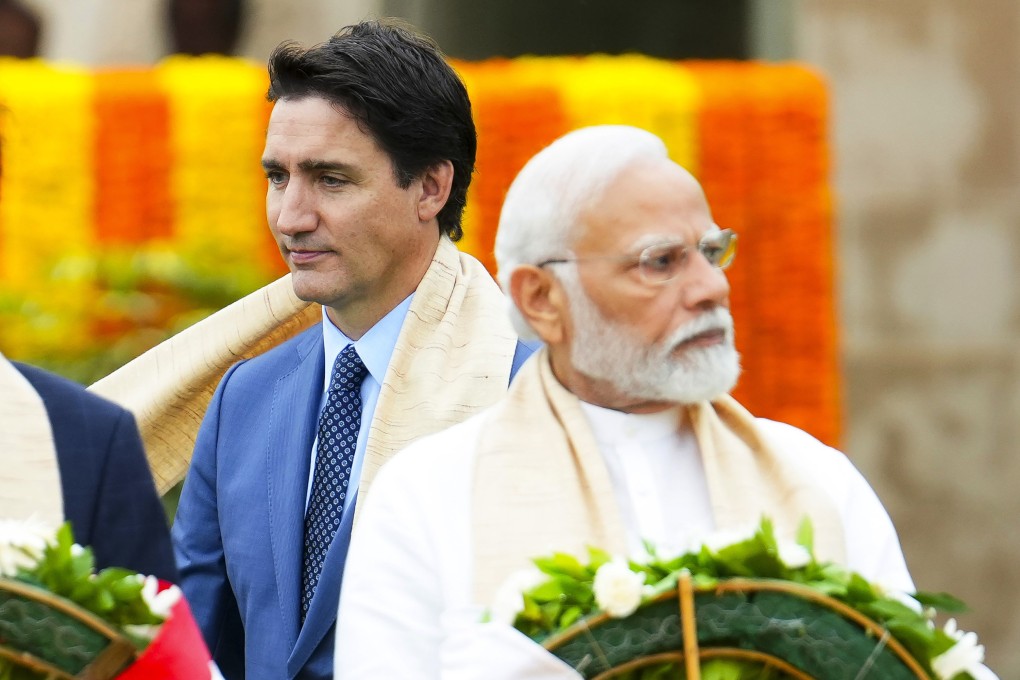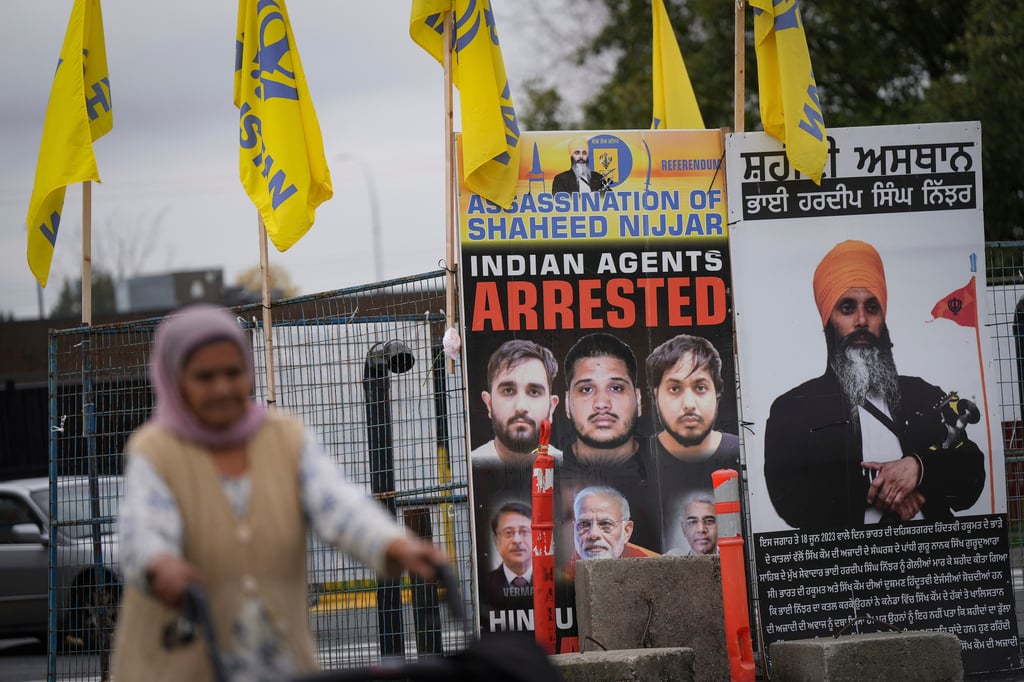Will Trudeau’s exit ease Canada-India tensions?
The PM’s departure follows criticism for his handling of allegations surrounding a Sikh leader’s murder on Canadian soil

Indian media quickly seized on the resignation, with many commentators arguing that Trudeau, in office for nearly a decade, had been the leading cause of tensions between the two countries.
It is not yet clear who the Liberal Party will choose as Trudeau’s successor, but analysts say, irrespective of the appointee, there will now be room for renewed negotiations between the two countries.
Conservative Party leader Pierre Poilievre, who has criticised Trudeau’s handling of relations with India, is seen gaining traction for the October polls.

“I think there will be a reset in the bilateral relationship between India and Canada. That in itself will be stabilising because Trudeau had been associated with stoking the issue of India’s alleged assassination of a Sikh separatist leader for electoral gains,” said C. Uday Bhaskar, director of Delhi-based Society for Policy Studies.